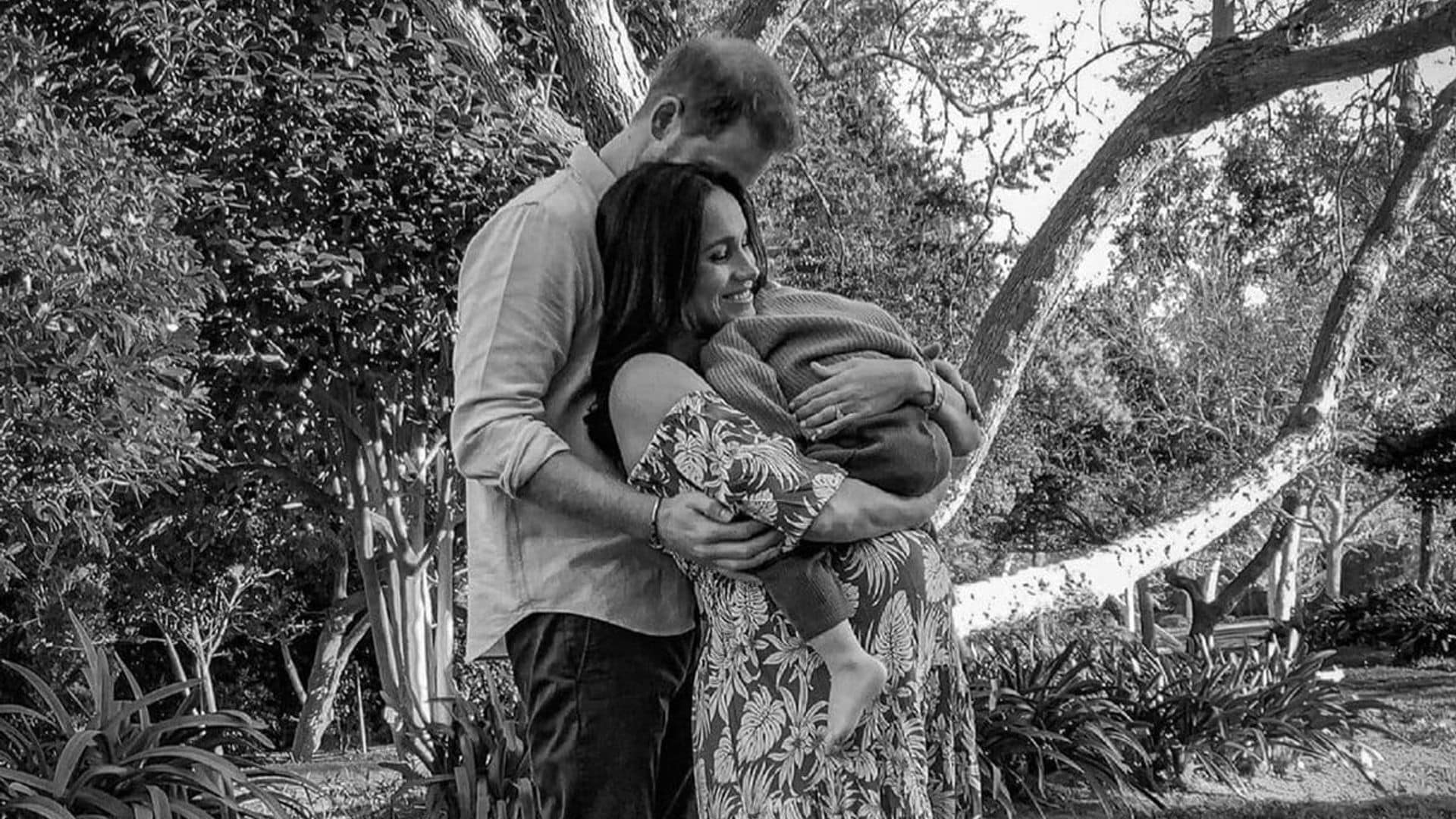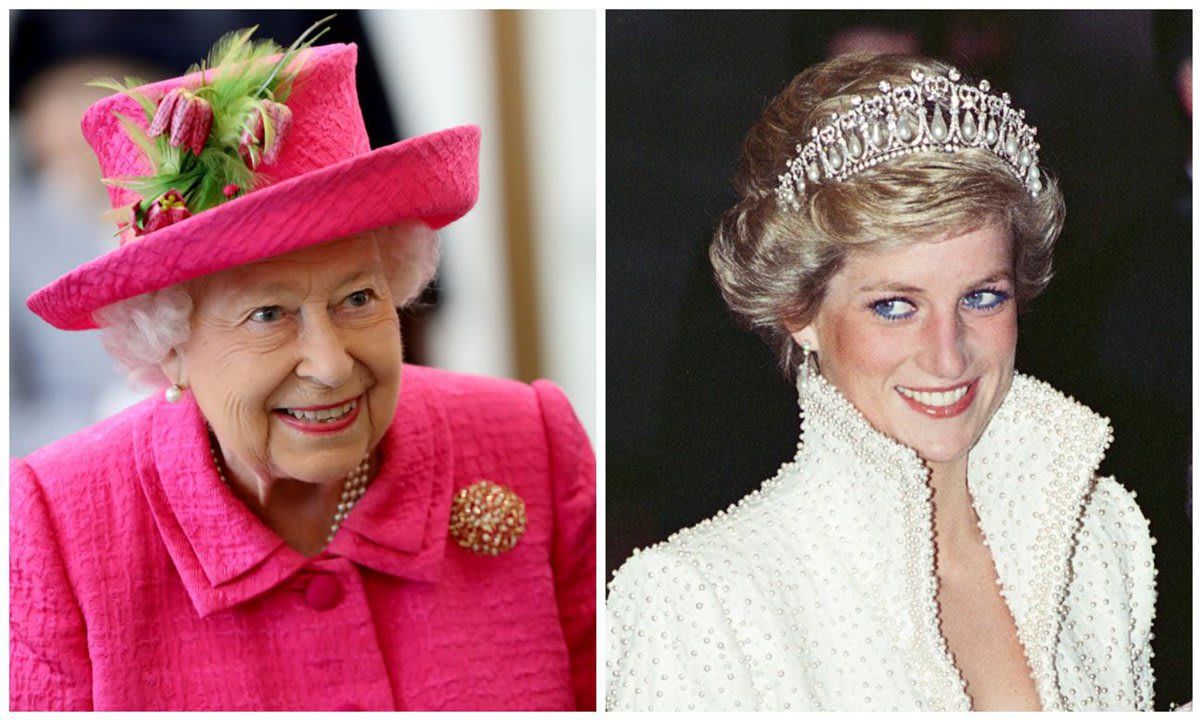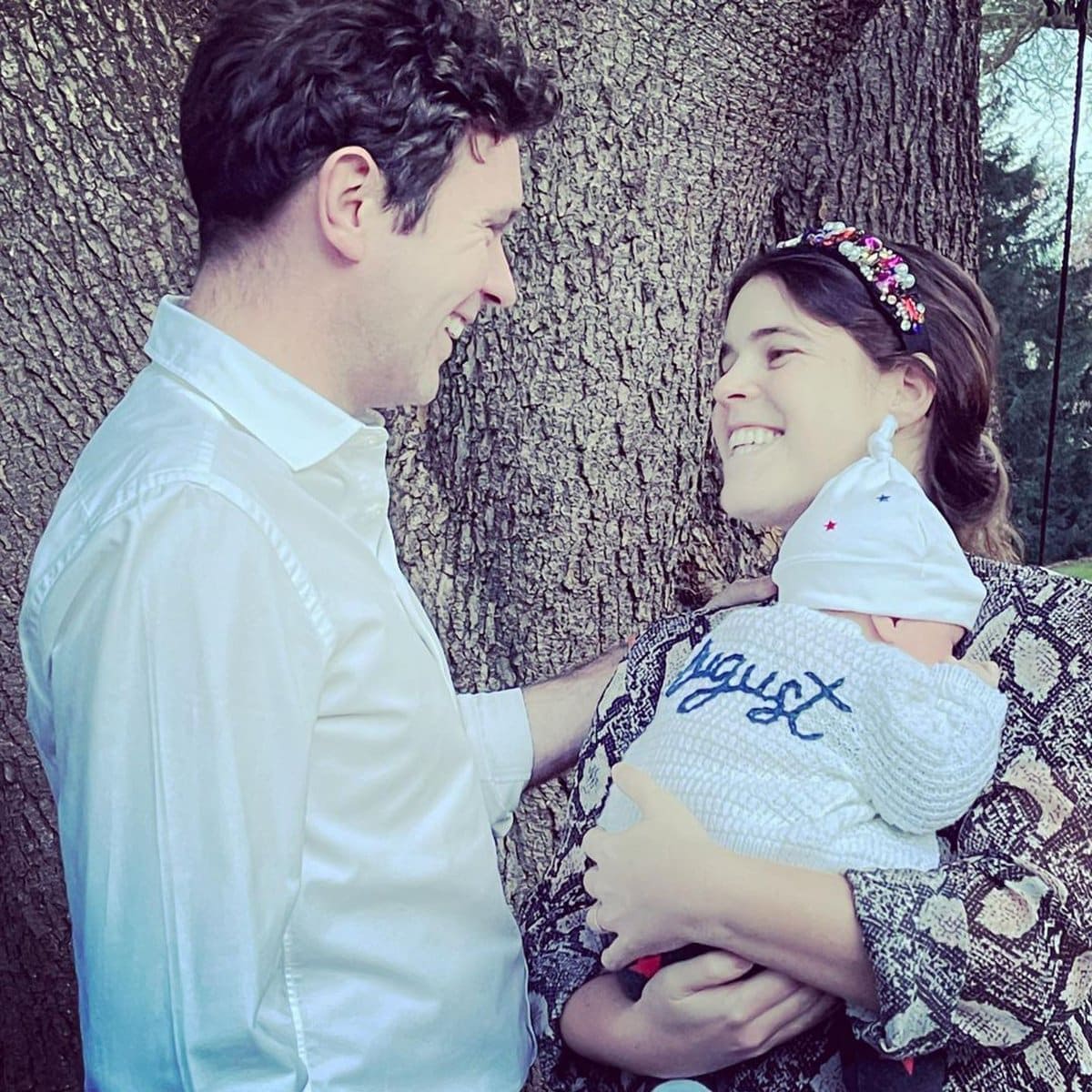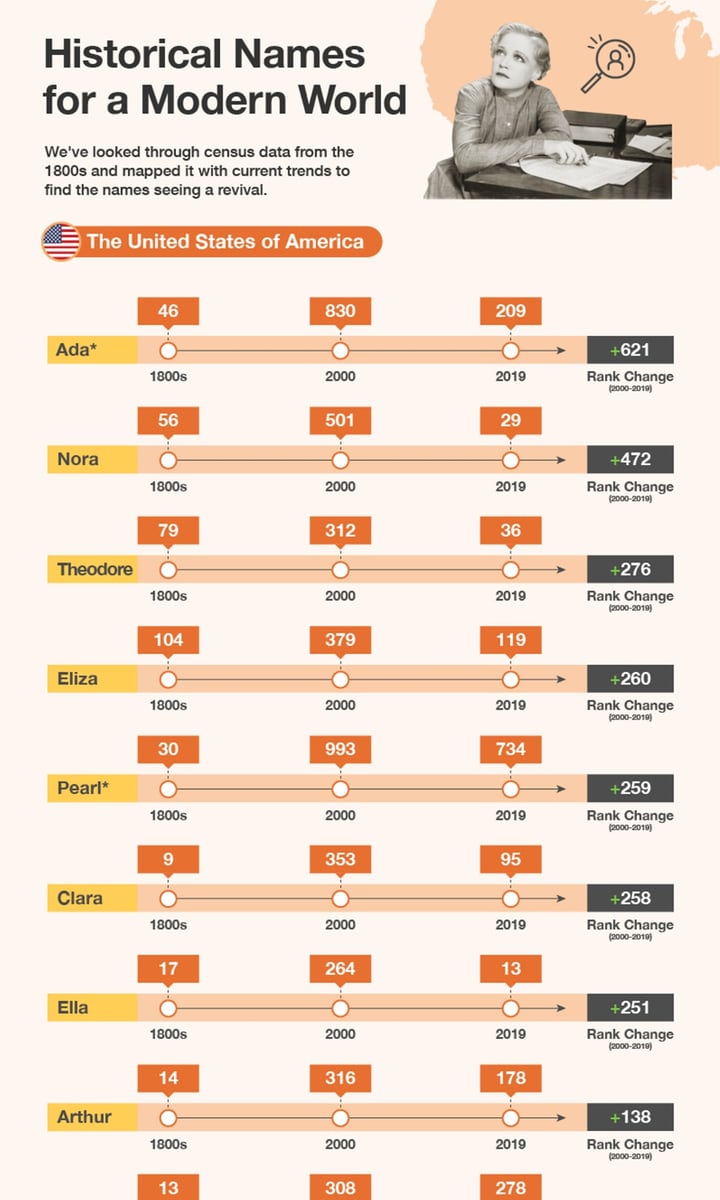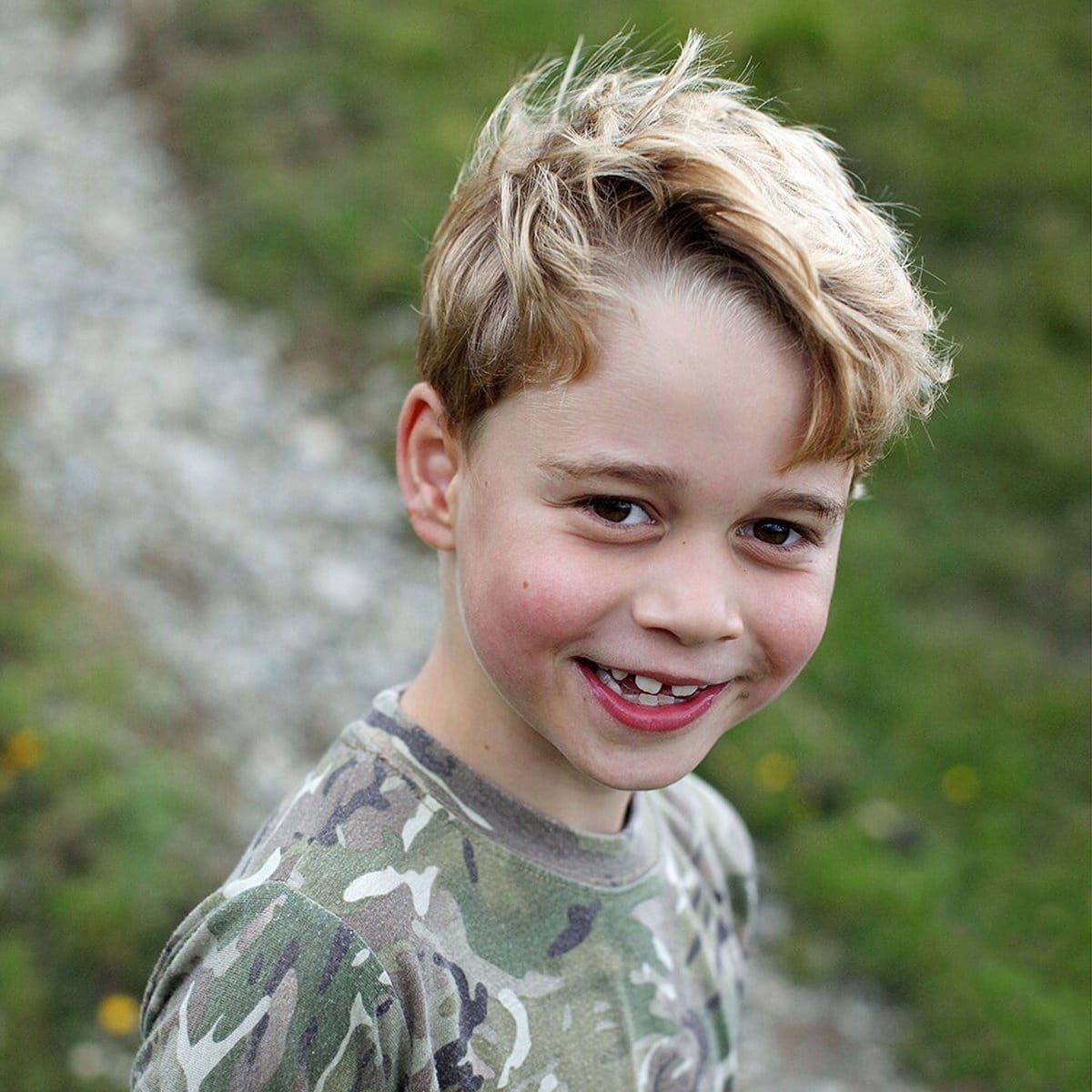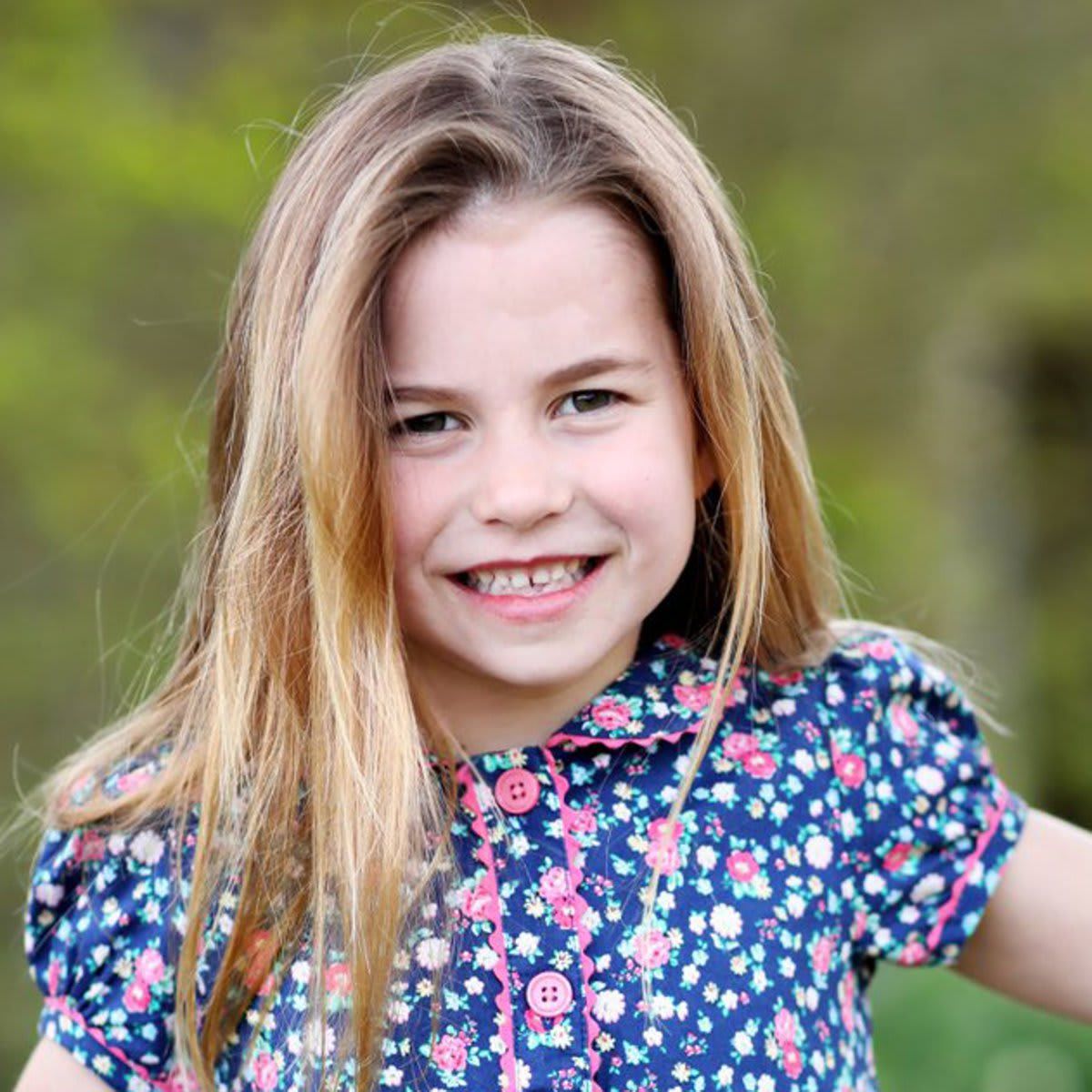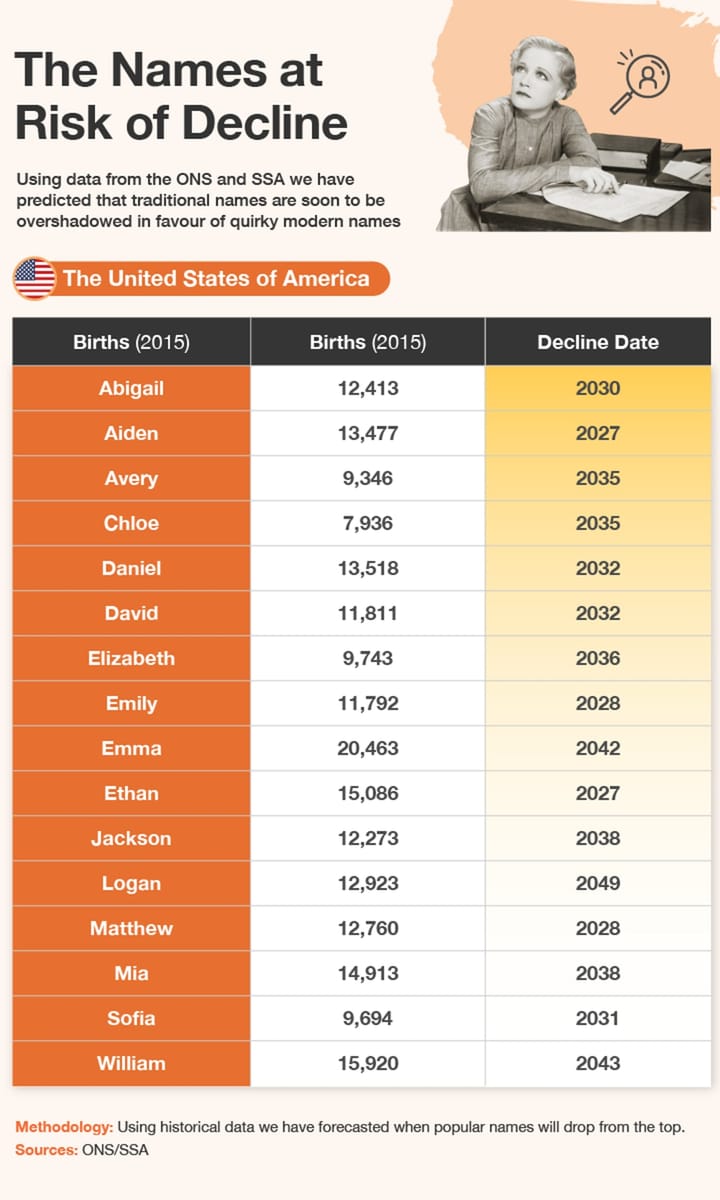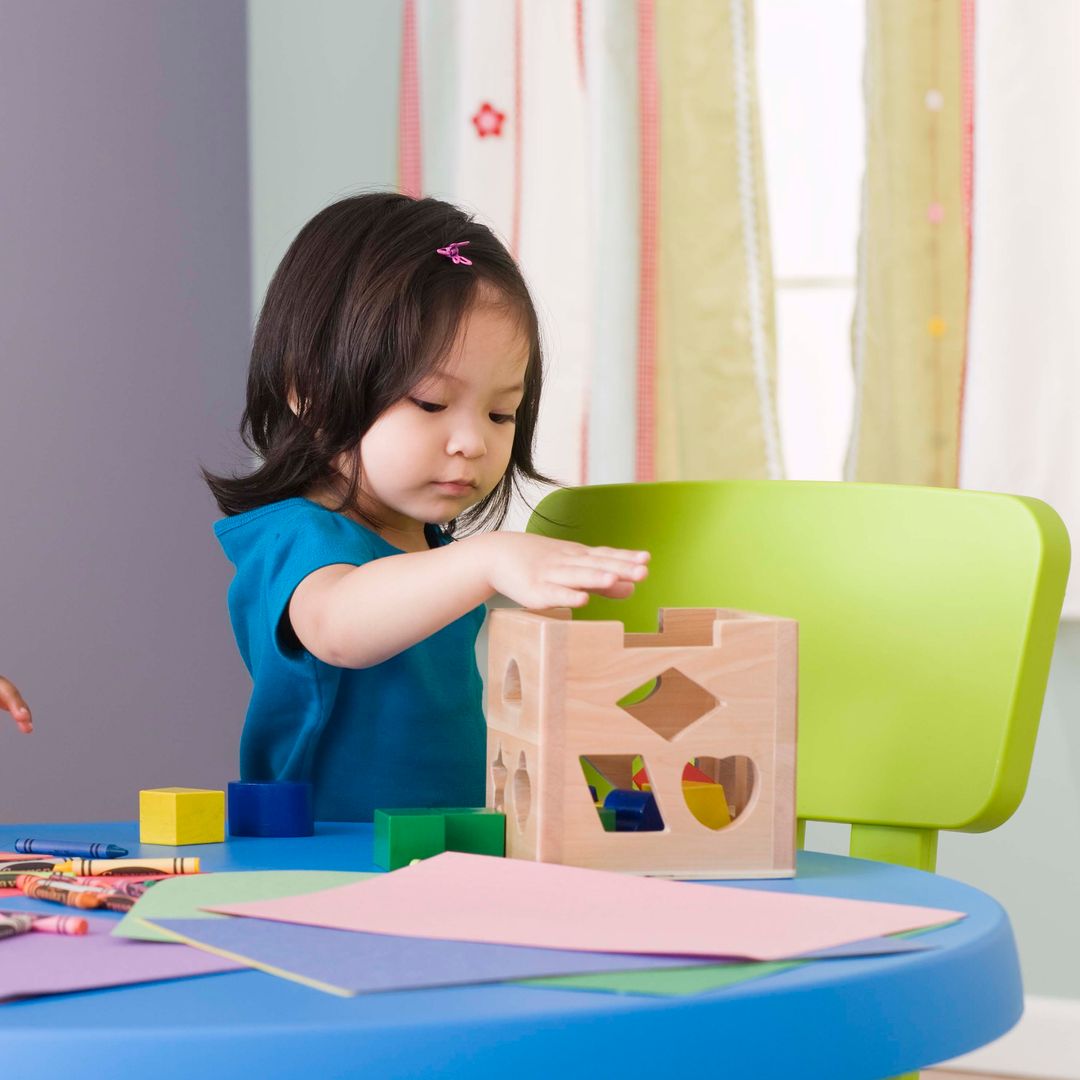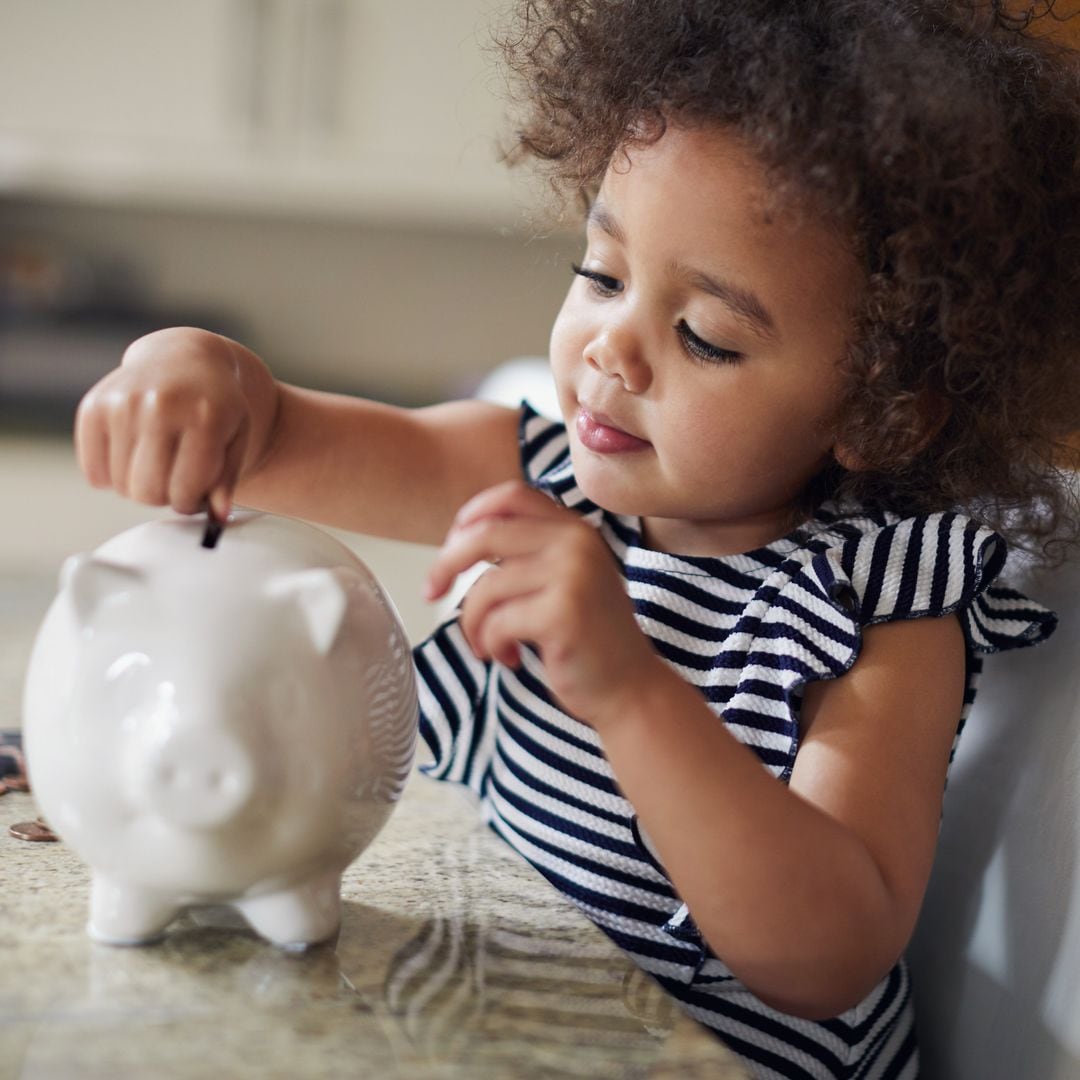The Duke and Duchess of Sussex, Meghan Markle, and Prince Harry have recently announced the birth of their new baby daughter, Lilibet “Lili” Diana Mountbatten-Windsor , on Friday, June 4 at 11:40 a.m. And according to the couple, both names honors her great-grandmother Queen Elizabeth II, whose childhood nickname is Lilibet. Meanwhile, her middle name, Diana, honors her late grandmother and Harry’s mother, the Princess of Wales.
Although the selection of the names has a very special story, decades-old data shows they aren’t alone in picking old-fashioned names. According to MyHeritage, Lilibet is not the most common traditional choice; the name sits outside the top 10,000 for births in the USA in the latest published records.
Lilibet also joins other new royal additions that have been given adages. Princess Eugenie’s son, born in February, was named August after Queen Victoria’s husband, whose birth name was Francis Albert Augustus Charles Emmanuel. While a month later, Zara Phillips gave her son the name Lucas Philip, in a touching nod to her now late grandfather.
Sarah Vanunu, Director of Public Relations at MyHeritage, said, “Names are a deeply personal topic and can often remind us of people we hold dear to us,” adding that “as more people research their family’s history, it is now much easier to look back and find out which names were important in your family’s past.”
“This could be a big driver for the recent boom in historical baby names, as new parents look to connect their children with ancestors,” Vanunu explained. “More parents are looking for unique adages for their children too. In the 1950s, only 5% of babies had a name outside the top 1000; now it’s more like 30%, so names continue to become more diverse,” she revealed.
While the name Lilibet may not have been popular for the last 100 years, as with other royal names, they often spark a trend and see a boom in popularity following the new arrival.
Prince George
The royals have strict naming protocols, and George’s holy name also has strong, regal connections. There have been six King George in British history, and in 2013 the latest royal George was born and jumped from 166 to 119 most popular since. As it’s rumored that Charles will take King George’s name when he ascends to the throne, there is no doubt the name will continue to rise in popularity.
Princess Charlotte
Historical data shows that Charlotte is a name that stands the test of time. The timeless name stayed strong in the top 100 during the 1800s but dropped out of fashion the following century. It re-entered the top spots during the 2000s and rose from 10th place to 4th most popular after Kate Middleton chose the name in 2015.
Prince Louis
Louis is a name with solid royal ties, particularly in France. He shares the name with Prince Charles’s great-uncle and mentor, Louis Mountbatten, and it’s his father and brother’s middle name too. In 2017, the name was ranking in the 277th position in popularity, but since William and Kate christened their youngest son with the moniker, it shot to its most popular year ever in 2019, with 1472 Louis born in the U.S.
Seeing a boom in parents choosing historical family names for their children, researchers from the family history platform, MyHeritage, have opened up their archives to find out the traditional baby names are seeing a resurgence in popularity.
Specific names, like Ada and Pearl, went from a top 50 position in the 1800s to not even charting within the top 1000 twenty years ago. As recent trends show, both of these names have gained rank since dropping out of favor.
Ella and Nora have gained in popularity hugely since the turn of the 21st century. Both names have managed to overtake their 1800s positions. Biblical names such as Jacob have also boomed, hitting their popularity levels in 2012. Classic and timeless names such as Ada, Ella, Maggie, and Pearl have also seen recent revivals for the girls.
